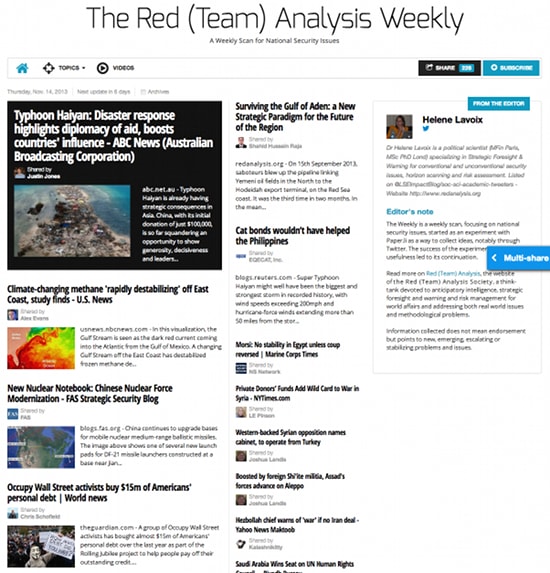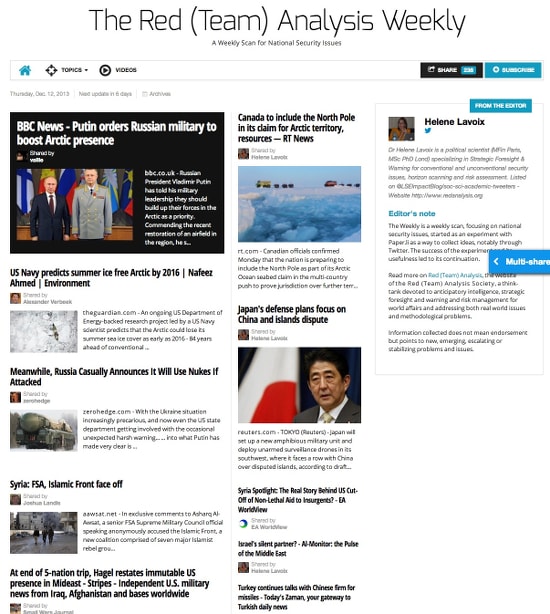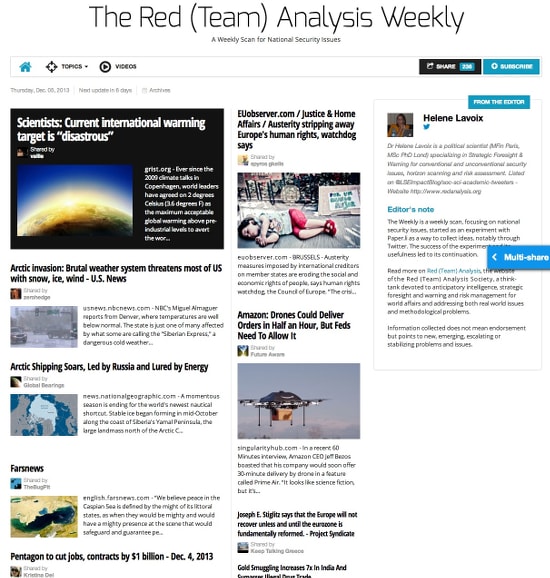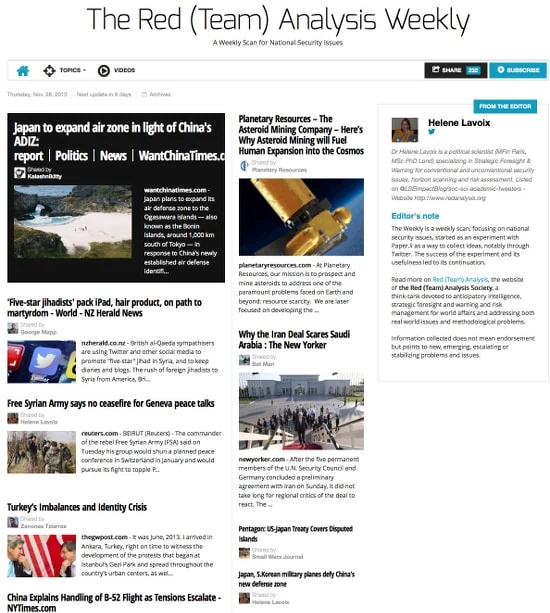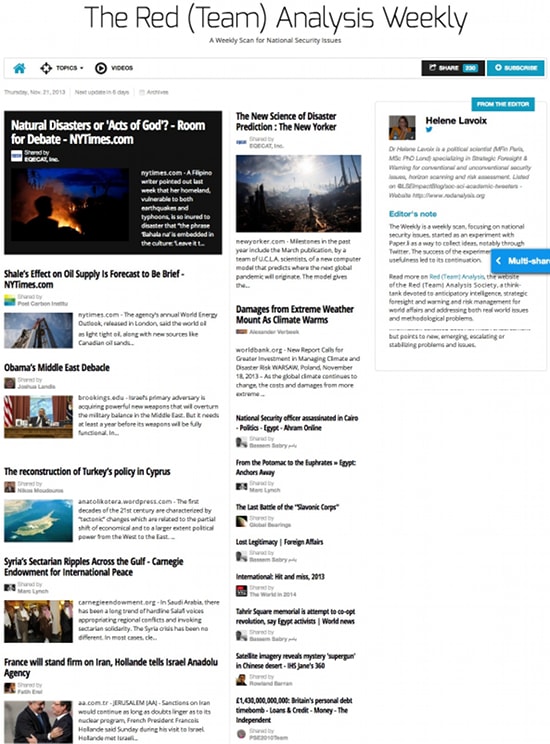Editorial – Below the horizon? The current tragedy of The Philippines, hit by the typhoon Haiyan “is the very model of a modern environmental catastrophe”, as underlined by Reuters’ blogger Philip Simon in his “Cat bonds wouldn’t have helped the Philippines.” This is certainly not below the horizon; it seems obvious, and is displayed on every news channel. However, and this may be below the horizon for many citizens, as Simon also points out “Haiyan is not a particularly devastating financial catastrophe.” Simon goes on showing that, well, besides being a human tragedy (however with a probably smaller death toll than envisioned), this is not so serious financially. According to him, most actors are not that worried and, “after all, all the money coming in to the country to help rebuild the devastated areas will end up making a positive contribution to the country’s GDP.”
This is not the first time I have heard this type of arguments, which can be caricatured as follows: extreme weather events, and in general all impacts of climate change are, at the end of the day, rather welcome news because they will generate economic activity and growth. Never mind the net loss of wealth, nor the destruction of citizens’ and individuals’ lives, what matters is that financial loss is not that important and that a very rapid macroeconomic calculation seems to says that new activity will be generated. We may have to look no further than this very reassuring ideas to understand why nothing is decided nor done regarding climate change and its impact.
What may be buried even deeper below the horizon, is that in terms of political dynamics, the story may be more complex and quite different. First, rulers (political authorities) are rulers because they have the duty to ensure the security of their citizens. True enough they may not do it, but then they are predatory authorities and one day or another they will have to face protests and revolutions. Second, the very real consequences of extreme weather events in terms of net destruction of wealth, besides the very real impact of climate change on the environment – you know, this “setting” into which we live and that is more or less conducive to life and survival – do exist and change how impacted communities and countries live and relate to each other. The evolution in terms of international relations goes and will go much beyond the diplomacy of emergency and influence. It will be declined in geopolitical and strategic terms, and it would be high time we consider it… as a pendant to our collective decision to consider climate change and its impact only from the point of view of growth and financial losses.
Click on the image below to read on Paper.Li
